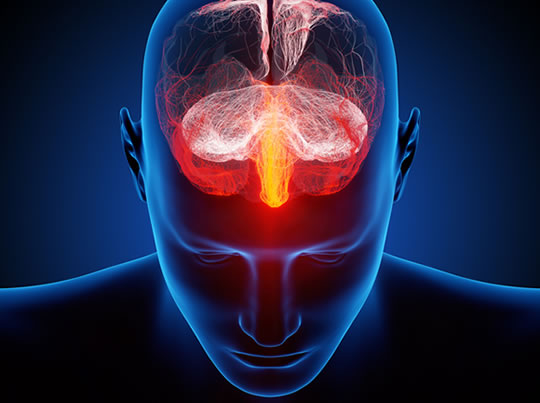People’s behaviour seems irrational but is governed by quantum principles.
The brain may behave like a quantum computer to help us cope with the complexities of life, a new theory argues.
Quantum cognition may help explain why people’s behaviour can often seem so irrational.
Dr Zheng Joyce Wang, one of the study’s authors, said:
“We have accumulated so many paradoxical findings in the field of cognition, and especially in decision-making.
Whenever something comes up that isn’t consistent with classical theories, we often label it as ‘irrational.’
But from the perspective of quantum cognition, some findings aren’t irrational any more.
They’re consistent with quantum theory — and with how people really behave.”
Some researchers are focusing on the idea that the brain is a kind of quantum computer.
Dr Wang and others, though, are taking a different approach.
They want to test whether the way people think has some similar patterns to those found in quantum mechanics.
For example, when we are trying to decide between two options, we see them in our mind at the same time.
Each one has all kinds of pros and cons attached to it — all sorts of probabilities about what might happen if we follow each path.
When we choose one, though, all these possibilities collapse into themselves.
Dr Wang explained:
“Our brain can’t store everything.
We don’t always have clear attitudes about things.
But when you ask me a question, like ‘What do you want for dinner?” I have to think about it and come up with or construct a clear answer right there.
That’s quantum cognition.”
It is reminiscent of the famous quantum mechanical thought experiment ‘Schrödinger’s cat‘.
Both quantum mechanics and quantum cognition are all about probabilities, but:
- Quantum physics deals with ambiguity in the physical world.
- Quantum cognition is about how our brains cope with ambiguity mentally.
In quantum mechanics it’s the probability that a particle will be in a particular place at a particular time, for example.
In quantum cognition it’s about the probability that we’ll make certain decisions.
Dr Wang said:
“In the social and behavioral sciences as a whole, we use probability models a lot.
For example, we ask, what is the probability that a person will act a certain way or make a certain decision?
Traditionally, those models are all based on classical probability theory — which arose from the classical physics of Newtonian systems.
So it’s really not so exotic for social scientists to think about quantum systems and their mathematical principles, too.”
Quantum cognition may explain some curious behaviours psychologists regularly see in their research, the researchers argue.
The theory is published in the journals Current Directions in Psychological Science and Trends in Cognitive Sciences (Busemeyer & Wang, 2015; Bruza et al., 2015).
Brain illustration image from Shutterstock

